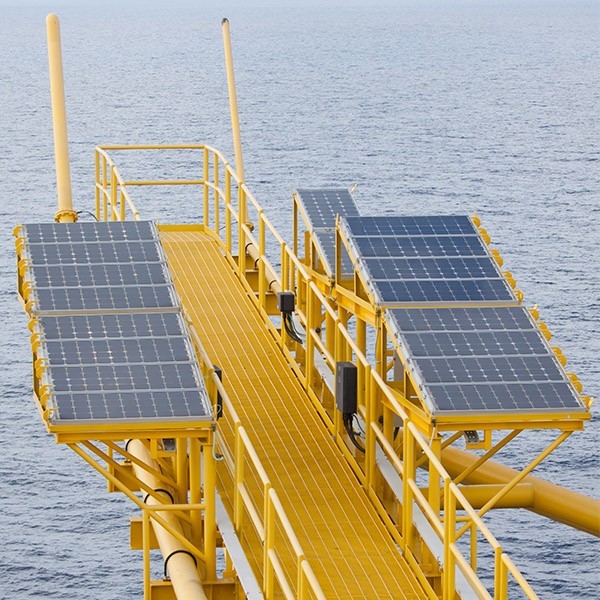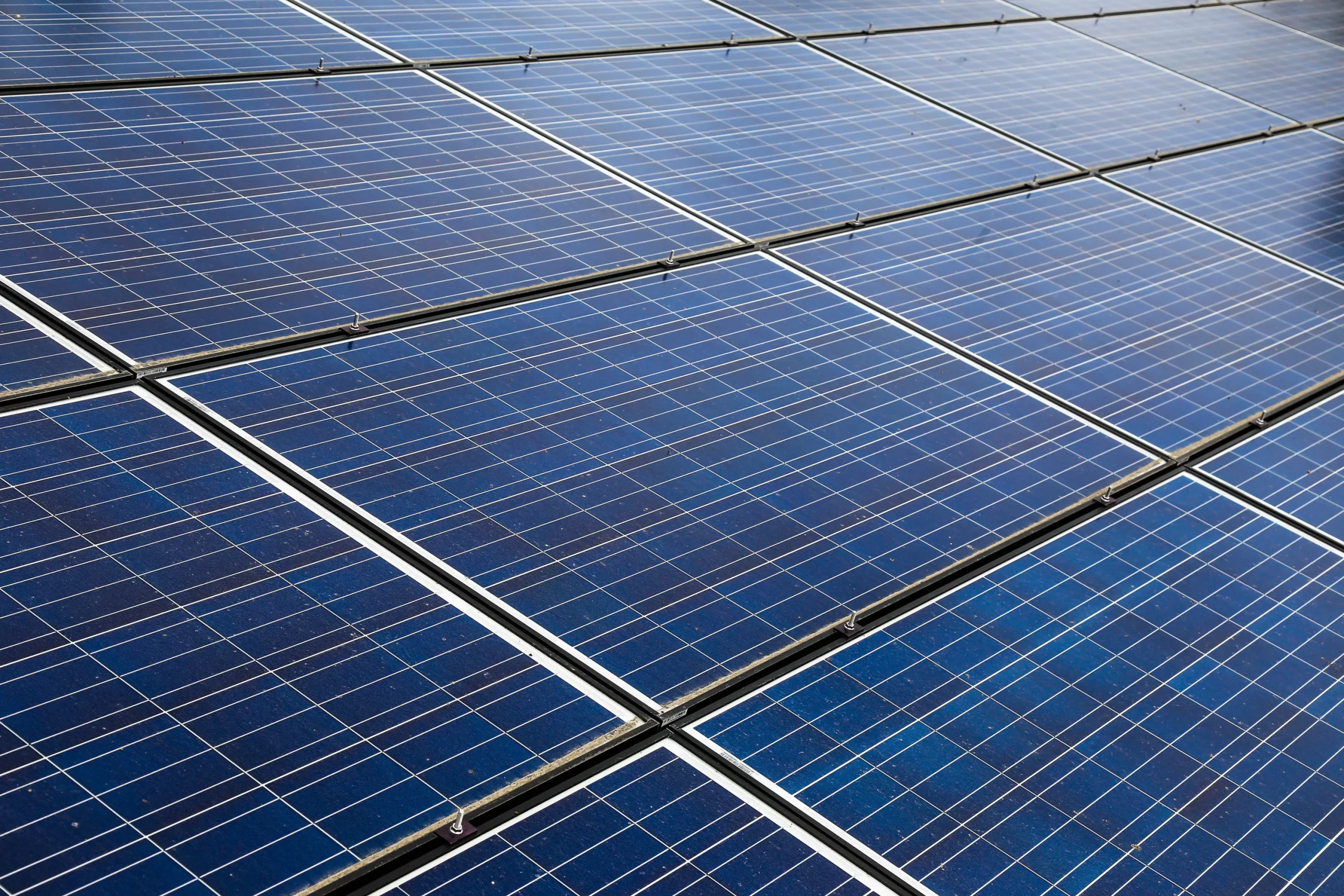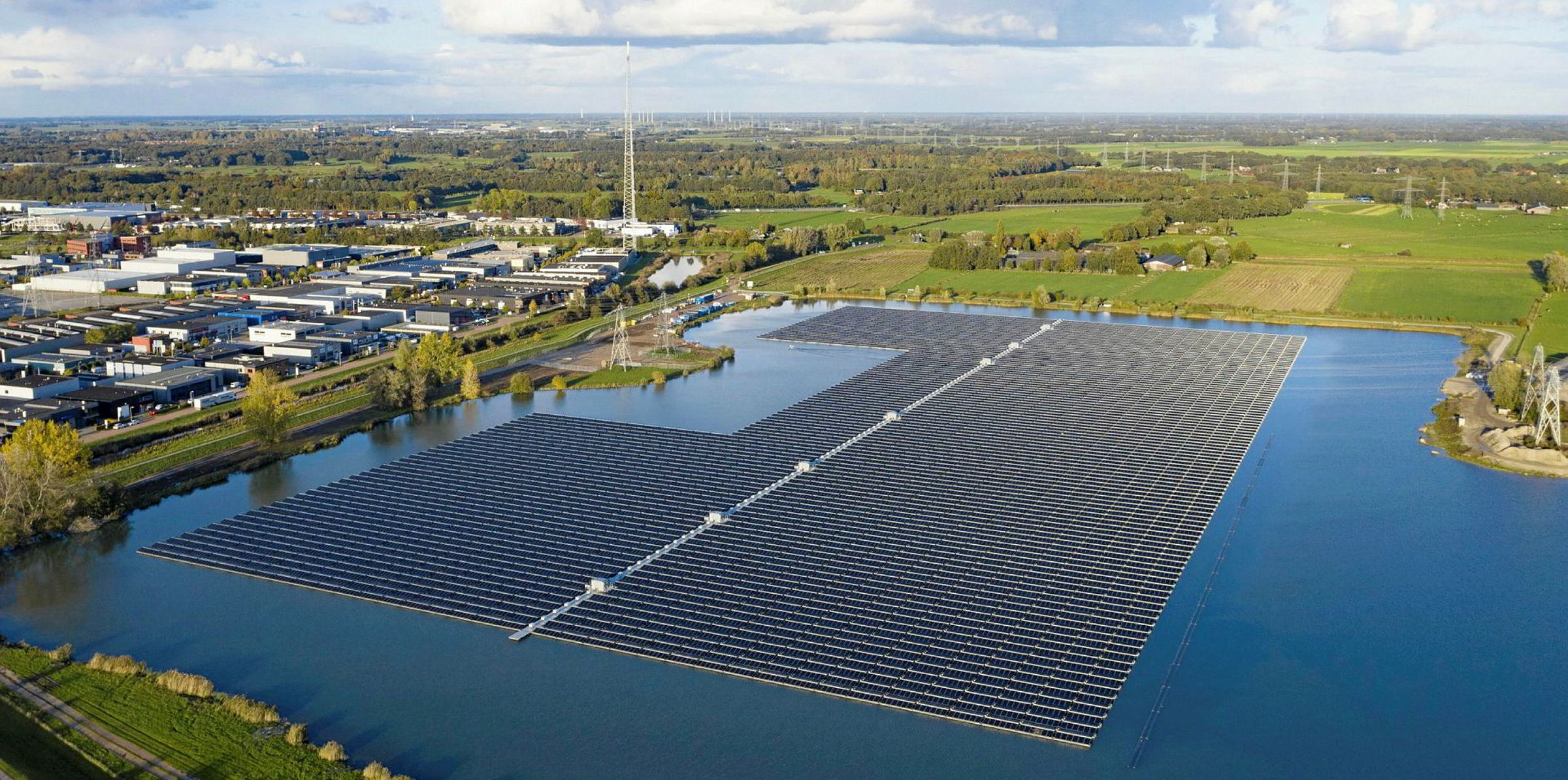The hospitality industry in the central Mediterranean is undergoing a new transformation. Eco-friendly and solar-powered resorts are emerging as a beacon of sustainable luxury, redefining the travel and tourism paradigm in this sun-drenched region.
Harnessing the Sun for Sustainable Hospitality
The Mediterranean, blessed with plentiful sunshine, is a super locale for solar energy utilization. A case study on a Greek Island resort in Rhodes has spotlighted the tremendous environmental and monetary blessings of solar energy in tourism. By installing solar panels, the Kolymbia Bay Art Hotel carried out over 30% reduction in carbon emissions, showcasing the capacity for huge-scale implementation across the area.
The Economic Viability of Solar Energy
Contrary to the perception that green solutions are cost-effective, the shift to solar energy in the Mediterranean tourism sector is proving to be economically viable. With energy costs on the rise, especially due to external factors such as the conflict in Ukraine, renewable energy offers a cost-effective alternative. Hotels that embrace solar technology are seeing significant long-term savings, debunking myths about expensive sustainable practices.
Eco-Friendly Hotels: A Growing Trend
Globally, the tourism industry is one of the largest consumers of energy. The development of eco-friendly hotels is more than a trend – it’s a necessity. Efficient solar PV systems play an important role in converting sunlight into electricity. These systems produce no pollutants or greenhouse gases after installation, making them ideal for eco-friendly travelers.
The Impact on the Environment and Tourism
The tourism sector is responsible for approximately 8% of the world’s greenhouse gas emissions. To counteract this, solar energy is being utilized in Mediterranean hotels, effectively reducing the carbon footprint of an industry that traditionally relies on fossil fuels for transportation, heating, and cooling. Solar-powered accommodations not only offer environmental benefits, but they also improve the guest experience by providing a sustainable and enjoyable way to travel.
The Road Ahead: Challenges and Opportunities
Despite the high initial costs associated with solar technologies, the long-term environmental and financial benefits are indisputable. The luxury tourism sector in the Mediterranean is on the verge of a green revolution, where sustainability and luxury are no longer in conflict. The implementation of solar energy marks a significant step towards a greener future, aligning with the worldwide trend of eco-friendly travel.
Conclusion
The use of solar power in Mediterranean hotels is a prime example that how luxury and sustainability can indeed coexist. It serves as a shining model for the global tourism industry, showcasing how environmental stewardship can be combined with economic viability. With the increasing adoption of this trend, we can anticipate a future that is both greener and brighter for the tourism sector, where indulging in luxury does not have to come at the expense of our planet.




